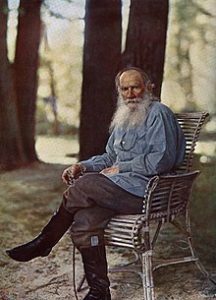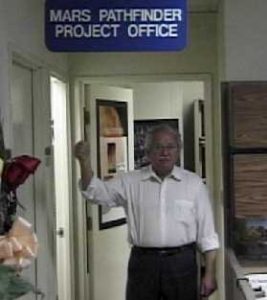
I got my ass whooped. And it wasn’t fun.
The Pan Am IBJJF is one of the three most important Jiu Jitsu competitions in the world. Each year, thousands of competitors from Brazil, the US, Canada, and the rest of Central and South America assemble to battle for the prestige of winning. In the Mar. 28 issue, I mentioned that I was preparing for this year’s event, which took place in Kissimmee, FL (near Orlando) from April 6 to April 10.
I’ve been practicing Brazilian Jiu Jitsu (BJJ) for more than 20 years. I got my black belt from Master Marcel Ferreira in 2015. I train four times a week. My training partners are national and world champions. They are much, much better than I am. Plus, they are younger, stronger, quicker, and more athletic. And so, most of the time when I’m training with them, I’m losing.
That doesn’t bother me. Quite the contrary. It feels like playing. I look forward to my lessons because they are fun.
BJJ is a very technical sport. It’s way more technical – in terms of the number of techniques you have to master – than any martial art I can imagine. But that is yet another thing that makes it so enjoyable. It is a constant learning experience.
Competing is another story. It is not playful. It’s not fun. And it’s not about learning. You want to completely dominate your opponent. You want to crush him, mentally and physically. You want to break his heart. Or, at the very least, break a limb.
Grammatically speaking, I’m using the second-person here to describe these feelings. But I’m implying, as second-person often does (ironically), that I’m describing my own feelings. I have no such desire when I step on the mat to grapple with an opponent. I’m too old to muster up the ferocity I used to have when fighting. My desire is to grapple well, score points, and, if possible, win.
But that doesn’t mean I’m okay with losing. Especially to someone I don’t know. It feels miserable. Completely terrible. It feels like I was beaten up and humiliated.
I lost to someone I didn’t know – except by his record and reputation. He is currently ranked number one in the world in Masters 6, the division I competed in. (Black belts older than 55. I am 71.) He is numero uno out of more than 1,000 active competitors. In the IBJJF alone.
He didn’t just beat me. He tapped me out. An expert in judo, he spent the first minute of the match tossing me around like a ragdoll. And then, after he put me on the ground (with an inside leg flip), he spent the next 90 seconds expertly defending my best technique – the “deep half-guard sweep.” In the midst of doing that, I made the small, momentary mistake of extending my arms too far ahead of me, which he seized to put me in an arm bar.
That was the end of that. The referee held up his hand. My head was down.
“Great fight,” he said, afterwards. I don’t know whether he was serious or being courteous. In either case, my thought was, “Thanks. Fuck you.”
I spent the rest of the day and evening stewing on it.
Renato, one of my instructors who had persuaded me to enter, wrote me to say that when you compete you give yourself two possible happy outcomes: “to win or to learn.” I would have preferred the former. I’m working on the latter.
What can I learn from this?
To be better prepared? I don’t think so. I spent a month training very hard before the match. I was in good shape. I had lost 28 pounds. My cardiovascular capacity was good – better than it’s been in years. And my instructors and I had studied my opponent’s “game” and trained for it. No, I can’t say that I should have been better prepared.
In that Mar. 28 issue, I talked about what I was doing to reduce the stress I was experiencing as fight day approached. I also said that I knew I had to prepare myself for the possibility that I might lose. But I did not – as I should have done – imagine myself losing… and being okay with that. This last bit of preparation, I did not do.
So, here I am, mentally climbing, inch by inch, out of this well I dug of disappointment and self-recrimination. When I get to the surface, I will have to accept something that I should have been able to contemplate all along: that there are people out there, even older guys, that are better than I am at Jiu Jitsu. When I put this in print, and read it back, the absurdity of my ego is embarrassingly obvious.
Oh… I almost forgot. One oddly happy thing happened within minutes of my loss. I was making my way out of the crowded arena when I was stopped by a young man, a Brazilian, who identified me as Michael Masterson. He was very excited to meet me. He said that he’d heard me speak in Sao Paulo two years ago and had put one of my ideas to work for him. He asked for a photo with him. I smiled as well as I could.





